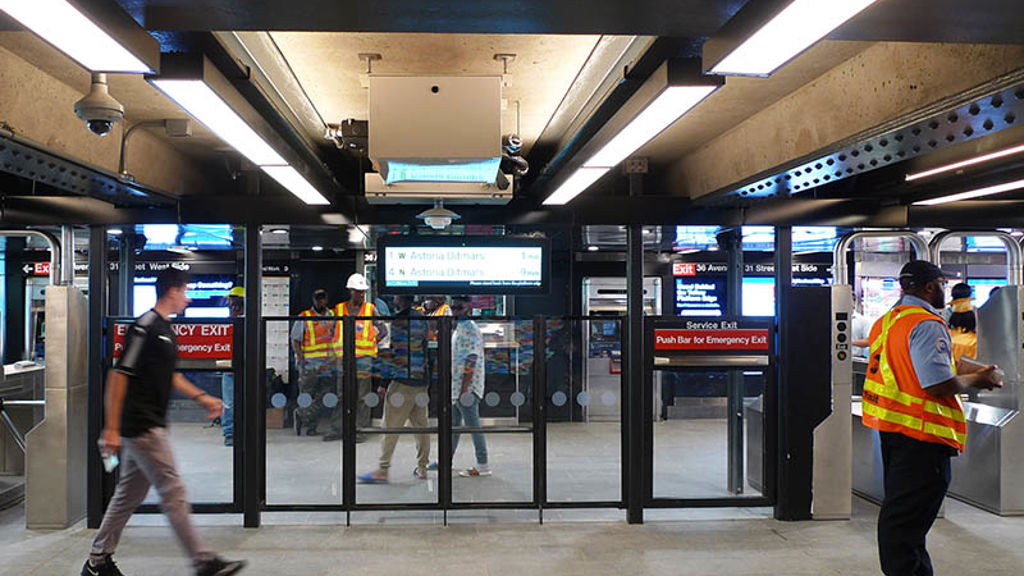Western Australia’s road authority, Main Roads, has committed to registering every significant project exceeding $AUD100 million with the Infrastructure Sustainability Council (ISC). For each project, Main Roads must use the Council’s Infrastructure Sustainability (IS) Rating Scheme, which evaluates the economic, social, and environmental performance of infrastructure across the planning, design and construction.
Partnering with Main Roads, we designed the Outcome-Led Design Tool to provide planning ratings for two projects: Tonkin Highway Extension and Tonkin Highway Grade Separation. The digital tool measures the project against the IS Rating Scheme, Main Road’s core principles – customer focus, mobility, safety, and sustainability – and the United Nations Sustainable Development Goals (UNSDGs).
The tool provides a live visual representation of sustainability opportunities, risks, and targets during the project planning phase. It also enables early integration of sustainability principles in the development process. Our collaboration has helped Main Roads foster strong relationships with key project stakeholders helping determine governance, economic, environmental and social opportunities. Our team can implement the tool on new projects, including all upcoming ISC projects.
Sustainability consulting
We identified a unique opportunity to partner with Main Roads to deliver planning ratings for the Tonkin Highway Extension and Tonkin Highway Grade Separation simultaneously.
The close geographical proximity of the two projects led to similarities in information inputs and outputs. Coordination between the projects facilitated the integration of sustainability management plans, risk and opportunities registers, resilience, climate, and natural hazards plans, along with other frameworks. This efficiency resulted in a cost savings of over 20 per cent for Main Roads, allowing our team to streamline feedback and data and implement actions directly across both projects.
Through our collaboration, we recognised that Main Roads required a better understanding of the intricate interconnections between their guiding UNSDGs and ISC credit requirements. This realisation sparked the idea for a digital tool – to map these connections and emphasise human-centred, context-sensitive design principles, ensuring that projects could be customised for different contexts.







